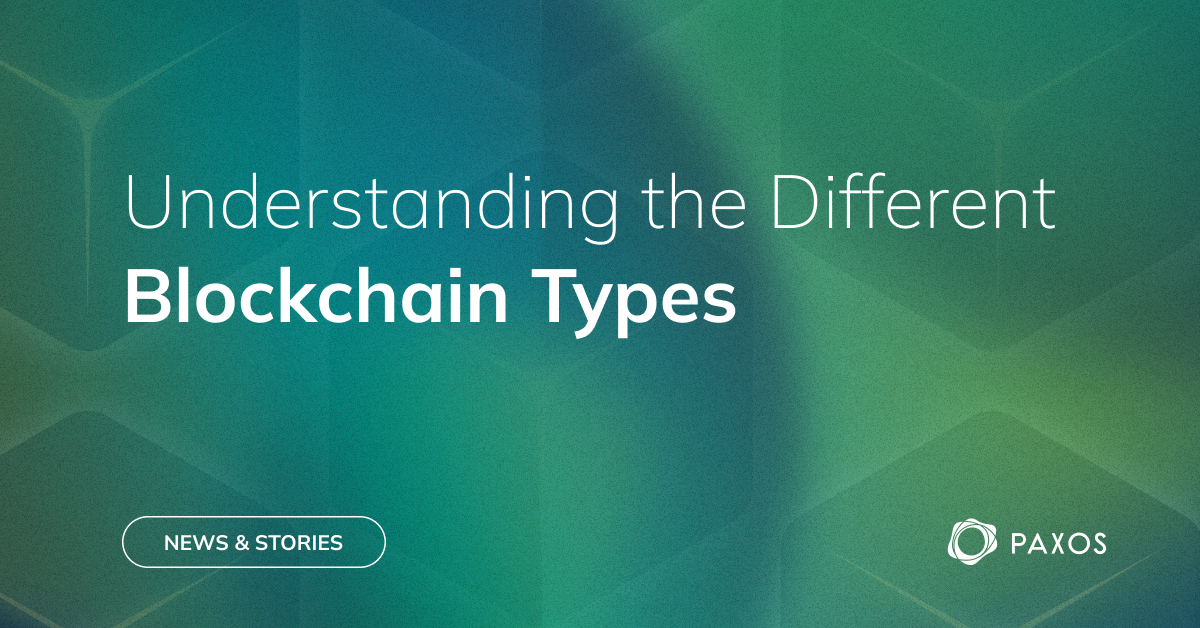Tube Rank: Your Guide to Video Success
Discover tips and insights for optimizing your video presence.
Blockchain: The Digital Ledger That Could Change Everything
Discover how blockchain technology is revolutionizing industries and reshaping our digital future in ways you never imagined!
Understanding Blockchain: How This Digital Ledger Works
Blockchain technology is fundamentally a digital ledger that records transactions across multiple computers in such a way that the registered transactions cannot be altered retroactively. This decentralization makes it a highly secure and transparent method for tracking asset transfers and data exchanges. Each block in the blockchain contains a number of transactions, and every time a new transaction occurs on the network, a record of that transaction is added to every participant's ledger. As a result, all participants have access to the same information, which minimizes the risk of fraud and increases trust among parties.
To understand how blockchain works, it’s essential to grasp the concept of a consensus mechanism. This is a protocol that considers a transaction as legitimate only after it is verified by a majority of participants in the network. Common consensus mechanisms include Proof of Work (PoW) and Proof of Stake (PoS). Once a consensus is reached, the transaction is included in a new block, which is then linked to the previous block, creating a secure and immutable chain. This interconnection ensures that once data is added to the blockchain, it is practically impossible to alter, providing a robust security framework for a variety of applications, from cryptocurrencies to supply chain management.

The Impact of Blockchain Technology on Various Industries
The impact of blockchain technology on various industries is being felt across the globe, showcasing its potential to revolutionize operations in sectors such as finance, healthcare, and supply chain management. In finance, for instance, blockchain enables faster and more secure transactions by eliminating the need for intermediaries, thereby reducing costs and enhancing transparency. This technology fosters trust between parties, making it a vital tool for combating fraud and ensuring integrity in financial records.
Beyond finance, the impact of blockchain technology extends to healthcare, where it facilitates secure patient data sharing and enhances the tracking of pharmaceuticals, significantly reducing counterfeit drugs. Additionally, in the supply chain management sector, blockchain enhances product traceability, allowing companies to monitor the journey of goods from origin to consumer. This ensures accountability and boosts consumer confidence in product authenticity, demonstrating blockchain's versatile applications across multiple industries.
Is Blockchain the Future of Trust and Transparency?
Blockchain technology has emerged as a revolutionary force in the quest for greater trust and transparency across various sectors. By its very design, blockchain operates as a decentralized, immutable ledger that records transactions in a secure and verifiable manner. This characteristic not only minimizes the risk of fraud but also enhances accountability, making it particularly appealing for industries ranging from finance to supply chain management. As organizations increasingly seek ways to bolster consumer confidence, the ability of blockchain to provide an indisputable record of transactions is becoming more valuable than ever.
Moreover, the intrinsic properties of blockchain facilitate transparency in ways that traditional systems cannot. For example, in a supply chain scenario, each participant can access real-time data regarding the movement of goods, ensuring that all parties are aware of the product’s history and status. This level of visibility fosters trust among stakeholders and consumers alike. As advancements in blockchain technology continue to unfold, it is becoming evident that we are not just witnessing the evolution of transactional systems, but a fundamental transformation in how trust is cultivated and maintained in our digital age.